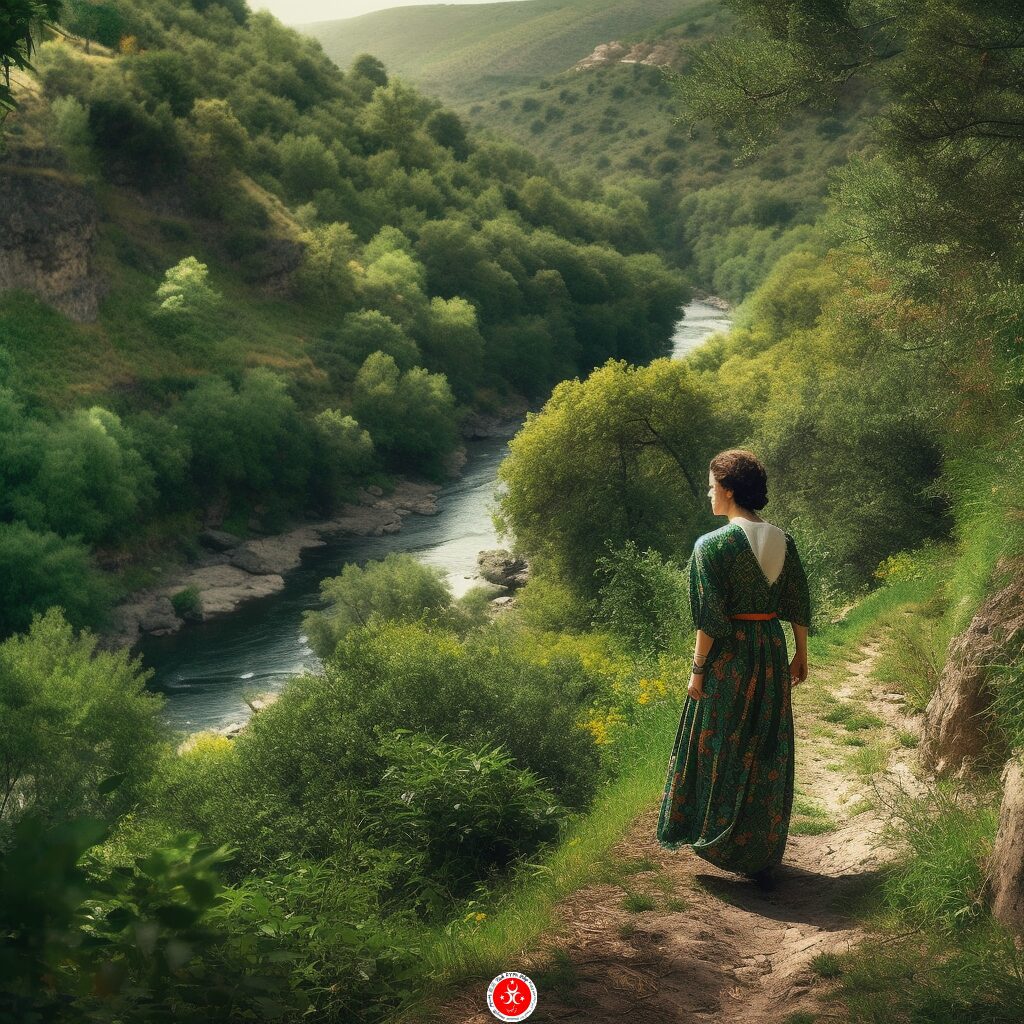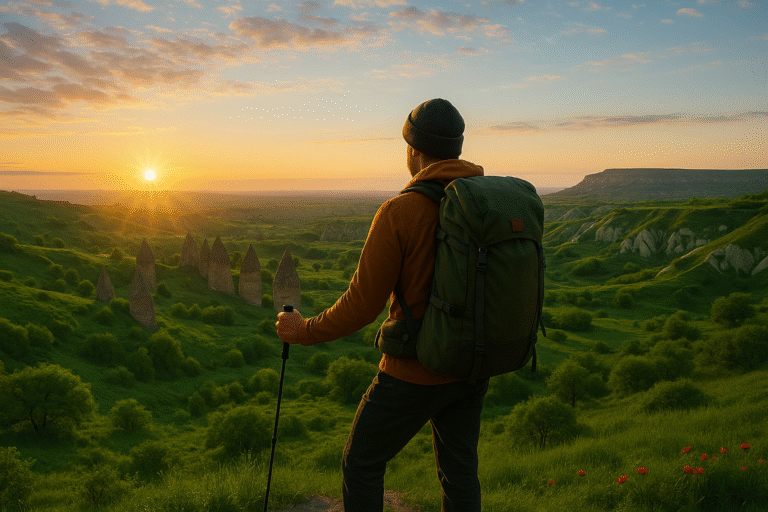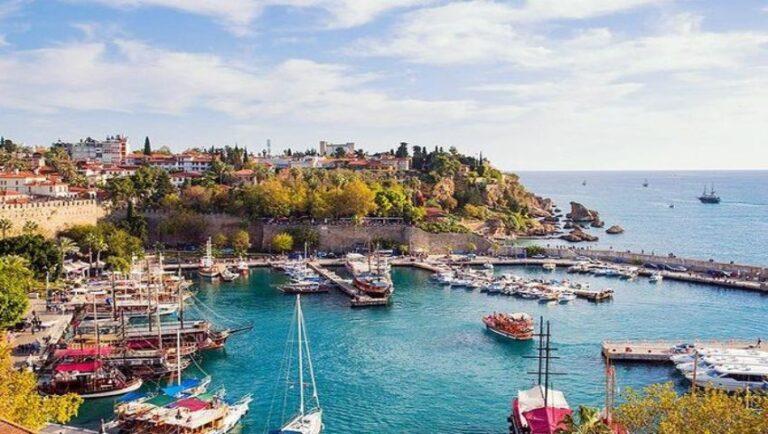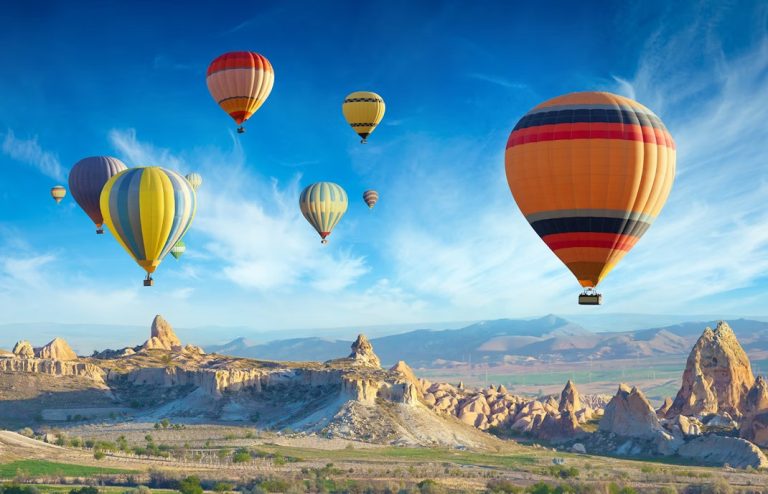Eco Tourism in Turkey: The 2026 Realist’s Guide (Costs & Tips)
Table of Contents
Forget the glossy brochures and the all-inclusive promise for a moment. As we head into 2026, Turkey stands at a critical crossroads between preserving its wild heart and managing the surge of mass tourism. The reality on the ground in December 2025 is stark: entrance fees for national parks and museums have spiked, and “sustainability” is no longer just a buzzword; it is the only way to experience the true Anatolia without contributing to its erosion.
This isn’t a theoretical guide. We are taking off the rose colored glasses to look at the logistics: Where is your money actually going? Is the €165 Museum Pass worth it? And how do you dodge the tourist traps to find nature that is actually wild?
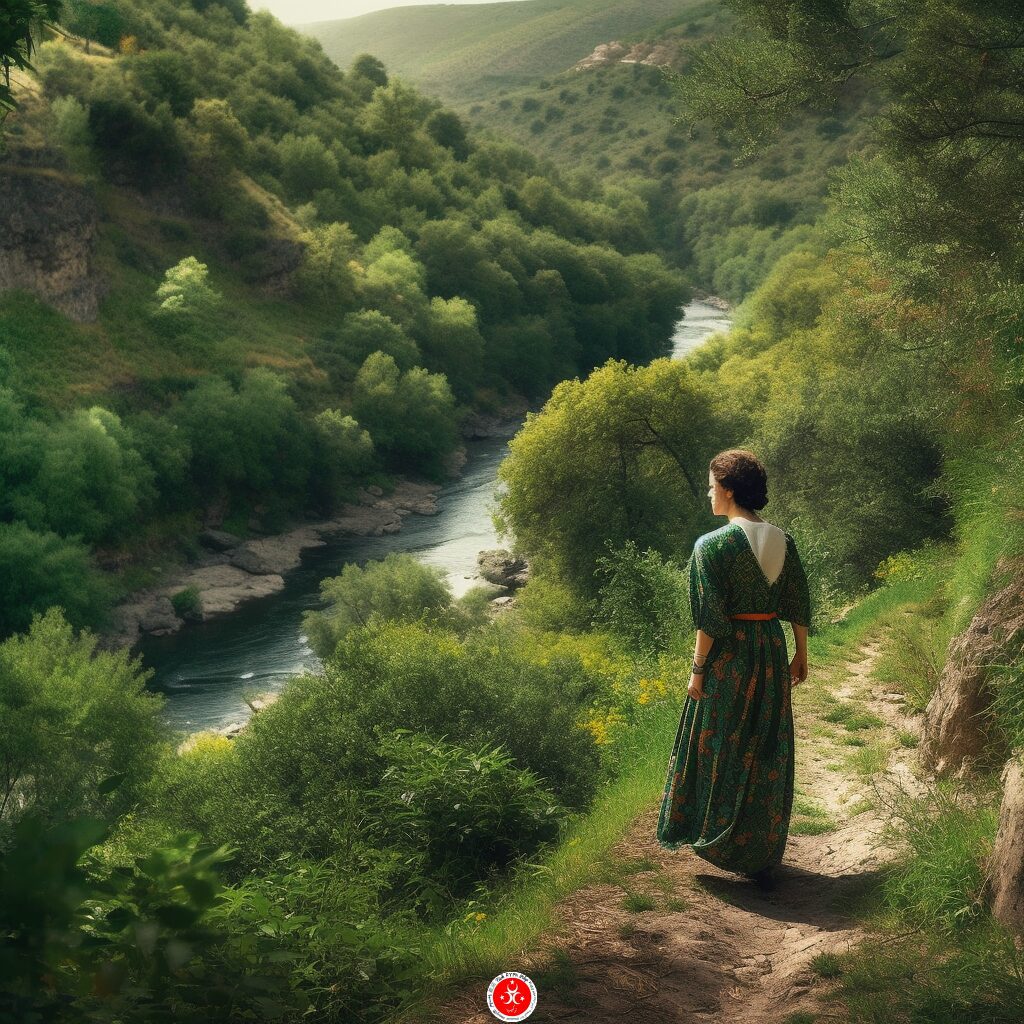
The Cost of Nature: What You Need to Know for 2026
Eco tourism in Turkey now requires making hard choices. While mass tourism continues to dominate the Antalya coast, the pristine national parks and highlands are becoming premium experiences. The biggest shock for returning travelers is the price tag attached to conservation.
The Budget Reality Check: State run museums and national parks have significantly increased fees for international visitors. A single ticket to a top-tier site like Ephesus now costs around €40, while major sites such as Hierapolis are typically priced closer to €30. Here is the practitioner’s hack: The Museum Pass Türkiye is currently priced at approximately €200 (valid for 15 days). It sounds steep, but do the math. If you plan to visit Cappadocia, Pamukkale, and the Black Sea region, you will break even after your sixth stop. Without it, you are likely overspending.
Destination Deep Dive: Costs, Strategy & Ethics
Cappadocia: Beyond the Hot Air Balloons
Cappadocia is the poster child of Turkish tourism, but the true eco traveler knows to look away from the sky and toward the trails.
The Balloon Debate
Most visitors arrive with one goal: the sunrise balloon flight. However, demand has driven prices sky high. As of December 2025, a standard flight seat typically costs between €200 and €250 depending on the season. Is it sustainable? While balloons have a carbon footprint, the industry heavily subsidizes the protection of the landscape. It is a trade-off.
If you are on the fence about the cost or the ethics, check out our deep dive on Cappadocia Hot Air Balloon Prices & Booking Guide to decide if it’s worth your budget.
Göreme Open Air Museum
Entry is currently around 330 TL (approximately €20), with a separate fee for the Dark Church. To protect the ancient frescoes from breath and flash photography, access to the dark churches is strictly controlled. Pro Tip: Be at the gate at 08:00 AM sharp. You will beat the tour buses and have the valley silence to yourselfa rare luxury in 2026.

The Black Sea: The Green Heart (With Logistical Hurdles)
This is where the “Practitioner Lens” is vital. The Black Sea region offers the most authentic wilderness, but it punishes the unprepared. The infrastructure is thinner, and the weather is notoriously moody.
Kaçkar Mountains & Ayder Plateau
Ayder Plateau has been a victim of its own beauty. To curb the crushing traffic, authorities have ramped up fees. Entering with a private car now costs approximately 180 TL, with an additional per person national park fee of 60 TL. These barriers are necessary evils to stop the plateau from turning into a parking lot.
Sumela Monastery
Clinging to a sheer cliff face, Sumela is a marvel of engineering. The entrance fee for visitors is currently 200 TL (2026). Note the winter hours: the site closes at 17:00, with last entry at 16:30. Don’t get caught out by the early sunset.
The Real Gem: Macahel Valley
If you want to escape the crowds entirely, head to the Macahel Valley (Camili), a UNESCO Biosphere Reserve. But here is the warning: The mountain pass sits at 1,800 meters and is frequently closed by snow from November to April. Do not attempt this drive in winter. Plan for summer, book a 4×4, and stay in local pensions like the Macahel Greenroof. This is raw nature, not a resort.
Pamukkale: History vs. Mass Tourism
Pamukkale is beautiful, but it is often a test of patience. The combined ticket for Hierapolis and the travertines is €30. If you want to swim in the famous Cleopatra Pool (reopened after renovation in late 2025), expect to pay an extra fee (approx. 150 TL).
Sustainability Tip: You must remove your shoes to walk on the white travertines. Please, also skip the sunscreen on your legs if you plan to wade in the thermal waters. The chemicals degrade the natural calcium formations that make this place unique.
Active Travel: Moving Through the Landscape
Trekking & Mountaineering
Walking remains the lowest impact way to see Turkey. While casual hiking in National Parks usually just requires the standard entry fee, serious expeditions are different. If you are eyeing the summits of the Kaçkar range, registration with the Turkish Mountaineering Federation (TDF) or local Gendarmerie is often required for safety.
For those looking for a long distance challenge, the famous Lycian Way offers weeks of coastal trekking that rivals any route in Europe, blending ancient history with rugged terrain.
Paragliding & Aerial Views
If hiking is too slow, take to the skies. Ölüdeniz is the world famous spot, but it’s not the only one. Gliding silently over the Blue Lagoon is a bucket list experience that leaves zero trace on the ground. For the best spots and safety tips, read our full guide on Paragliding in Turkey.
The Underwater World
Turkey’s coastline protects fragile marine ecosystems. When booking a dive, look for centers with “Green Fins” certification or clear environmental policies. Your choice of operator directly impacts the health of the reefs.
The Practitioner’s Approach to Responsible Travel
Support the Real Economy
“Support Local” is more than a slogan here; it is survival for rural communities. Skip the mass produced magnets. Look for authentic cooperatives selling handmade carpets, ceramics, or olive oil products. Your money goes further and stays in the community when you buy direct from the artisan.
Where to Sleep
Avoid the mega resorts if you can. In places like the Black Sea or Cappadocia, family run Pansiyons (guesthouses) or cave hotels are the sustainable choice. They consume fewer resources per guest and ensure that your tourism dollars support a local family directly.
Verdict: Is Turkey Still an Eco Destination in 2026?
Yes, absolutely. But it requires more strategy than before. The new pricing structure (expect €20–€30 per site) acts as a filter, helping to manage crowds and fund infrastructure. If you are willing to pay for preservation and venture off the beaten pathlike braving the Macahel Valley roadsyou will be rewarded with a level of hospitality and raw beauty that is becoming extinct elsewhere in Europe.
Frequently Asked Questions (FAQ)
When is the best time for eco tourism in Turkey?
Spring (April May) and Autumn (September October) are perfect for hiking the Lycian Way. However, if you are heading to the high Kaçkar mountains, you must go in Summer (July August); otherwise, snow will block the passes.
Is the Museum Pass Türkiye worth the €165 price tag?
Definitively yes. With individual tickets now costing €20 to €30, the pass pays for itself after just 6 or 7 visits. If you are doing a multi city trip, it is essential.
Do I need special permits for National Parks?
For standard day hiking, the entrance ticket (approx. 60 TL) is enough. However, for technical climbing or large group expeditions, you should register with the local Jandarma or the Mountaineering Federation for safety.


